Welcome to our comprehensive guide on the UK student visa. Also known as a Tier 4 (General) visa, this document allows you to study in a recognised educational institution in the UK.
The UK offers a world-class education system, renowned universities, and a multicultural environment that attracts countless international students yearly.
Statistics show that the number of international students in the UK has grown by 12.3% compared to the previous year.
Applying for a student visa in the UK can be a complex process. In this article, we will provide you with essential information and guidelines to help you navigate the intricacies of the UK student visa system. We will discuss the requirements for Nigerians applying for a UK student visa, the application process, and important factors to consider.

Read our post on Step-by-step Guide to Starting your Canada Permanent Residency Application
UK Student Visa Requirements
Getting a student visa for the UK entails fulfilling certain requirements set forth by the UK Home Office. It is crucial to familiarise yourself with these requirements to ensure a smooth and successful application process. Here are the key requirements for getting a UK student visa;
1. Confirmation of Acceptance for Studies (CAS)
To be granted a UK student visa, you must obtain a CAS from a recognised educational institution such as a university or a college in the UK. The CAS serves as proof of your acceptance into a course of study and contains a unique reference number that you’ll need for your visa application.

2. Financial Requirements
Demonstrating the financial ability to cover tuition fees, living costs, and potential healthcare expenses during your study period is crucial. You would be asked to provide proof of sufficient funds, such as bank statements or sponsorship letters.
The specific amount you need to show will depend on your institution’s location and course duration. For institutions in London, you’ll need £1,334 per month for a minimum of 9 months. And for institutions outside London, you’ll need £1,023 per month for a minimum of 9 months.
Recommended: Strategies to Fund Your Immigration Plans: Japa 101 for Nigerians
3. English Language Proficiency
To obtain a UK student visa, you must demonstrate your proficiency in the English language. Most UK institutions require international students to prove their proficiency in English language.
Accepted language tests include the International English Language Testing System (IELTS), Test of English as a Foreign Language (TOEFL), or Cambridge English exams. The required scores may vary depending on your course and institution.
4. Tuberculosis Test Results
As a Nigerian resident or citizen applying for a UK study visa, you must be tested for tuberculosis (TB). Note that this test cannot be done anywhere. There are specified clinics authorized to test visa applicants and you must adhere to this or else your results will be invalid.

5. Travel Documents
These include a current passport or other valid travel documents.
6. Proof of Parental Consent
This requirement applies to students below the age of 18. Your parents or legal guardian will be required to prove their relationship to you and provide written consent.
The requirements may vary depending on the type and duration of your course and your individual circumstances. Therefore, you should thoroughly research the specific requirements applicable to your situation and consult official sources, such as the UK Home Office or your chosen institution, for the most up-to-date and accurate information.
Suggested: Australian Visa Types; Which One Suits You Best
The UK Student Visa Application Process
Applying for a UK student visa involves the following steps:
1. Online Application
To apply for a UK student visa, you need to complete the online visa application form on the official UK government’s website and pay the visa fees. The visa fee costs £363 and the form includes personal details, educational history, and financial information.

2. Document Submission
Alongside the application form, you must also submit your documents, including your confirmation of acceptance for studies, financial statements, medical test results, and passport details.
3. Biometrics Appointment
As part of the application process for a UK student visa, you are required to schedule an appointment at a Visa Application Centre. At the Visa Application Centre, you’ll need to provide your biometric information, including fingerprints and a photograph. Click here to get the address of the closest Visa Application centre near you.
4. Pay the Immigration Health Surcharge Fee
The Immigration Health Surcharge (IHS) is a mandatory fee that you must pay when applying for a UK student visa. The purpose of the IHS is to contribute to the cost of healthcare services provided by the National Health Service (NHS) to individuals residing in the UK on a visa.
It must be paid upfront for the entire duration of your visa. The cost is usually determined by the length of your course of study. Currently, it costs £470 per year. So if you’re studying a 2-year course, you’ll pay £940.
You should note that the IHS payment does not grant unlimited access to healthcare services. It only covers essential medical care under the NHS, including doctor’s appointments, hospital treatment, and emergency care. It does not cover certain services like dental and optical care, and prescription medications.
5. Visa Decision and Collection
You’ll usually get a decision within 3 weeks. After the application is processed, a decision will be made on the student visa. If approved, you can collect your visa from the Visa Application Centre or have it delivered to your preferred address.
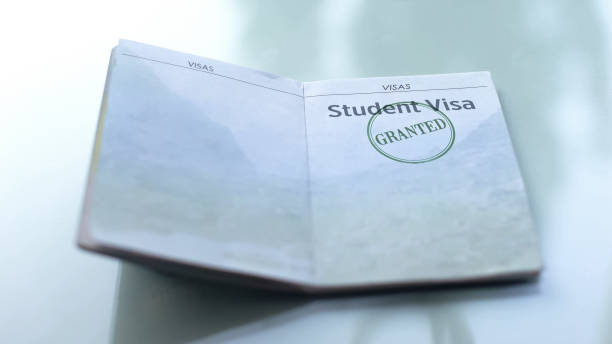
Also recommended: 4 Easy Ways to Migrate to Australia from Nigeria
Important Factors to Consider When Applying for a UK Student Visa
There are certain factors you must consider when seeking admission to a UK institution and eventually applying for a student visa. Some of these factors include:
1. Timelines
It is advisable to start your student visa application process well in advance. This will give you enough time to gather the required documents, schedule appointments, deal with any unforeseen delays and prepare to travel to the UK.
2. Financial Planning
Taking a huge step like studying abroad requires strategic planning, especially regarding your finances. You should properly budget for tuition, accommodation, living expenses, and other costs. You can explore scholarships, grants, and part-time job opportunities to alleviate the financial burden.

Also read: Mastering the Canada Study Visa Requirements
3. Post-Study Options
Familiarizing yourself with the post-study work options and visa extensions is important. You should know the options open to you after completing your studies. Some of the options include furthering your studies, working and transitioning to a UK permanent resident.
4. Availability of Student Support Services
Most UK institutions provide various support services for international students. These include orientation programs, academic guidance, and assistance with accommodation. These support services ensure you have a smooth transition and a fulfilling educational experience. You should research to know the available support services for international students and how you can benefit from them.
The process of securing a UK student visa is not difficult. And this blog post has simplified it even further. By understanding the UK student visa requirements, following the application process diligently, and considering important factors discussed above, we hope you can start working on your study plans right after reading this post. Good luck with your application!
To get information on the immigration process and requirements for different countries, follow @TalentForgePlace on Facebook
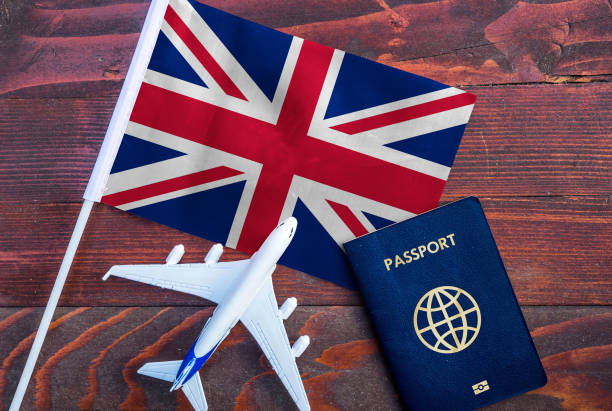

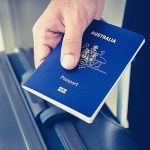

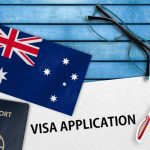











[…] From Nigeria to the UK: A Step-by-Step Guide to Securing a Student Visa […]
[…] categories vary depending on your purpose of travel, be it for education, work, family reunion, or tourism. Start by understanding which visa category is applicable to your […]